Sad end to Tinseltown’s forgotten king of comedy, Preston Sturges
WHILE we speak of great modern writer-directors such as Tarantino, Spielberg or Cameron, in the ’30s and ’40s one name that stood out was Preston Sturges.
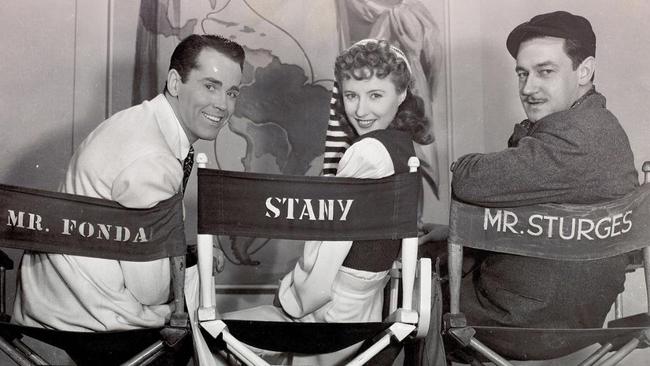
Today in History
Don't miss out on the headlines from Today in History. Followed categories will be added to My News.
WHEN film buffs talk about great writer-directors, names such as Coppola, Tarantino, Lucas, Cameron and Spielberg come to mind. But back in the 1930s and ’40s there was William Wyler, John Huston and Orson Welles. One name that is often forgotten is Preston Sturges.
Born 120 years ago today, Sturges was the king of screwball comedy, but he was adept at other genres. Yet his comedies had a sophistication beyond many other directors. Sturges came to Hollywood when talkies were relatively new and producers needed people who could write good dialogue. He was a master of witty repartee, deftly turned phrases and astute satirical observations.
His gift for words came from the fact that he began as a playwright, before moving to screenplays and graduating to directing the scripts he wrote. It won him awards and critical acclaim.
But his insistence on working his own way, with actors he chose, led to clashes with film bosses. His career went into decline as he tried to make it as an independent auteur, but he died in relative obscurity.
Edmund Preston Biden was born on August 29, 1898, in Chicago, Illinois, the son of travelling salesman Edmund C. Biden and his eccentric wife Mary Estelle Dempsey. Mary left her husband in 1901 to pursue a singing career in Paris, taking Preston with her.
The singing career didn’t take off, but Mary met and married a wealthy stockbroker Solomon Sturges in 1902, who adopted Preston.
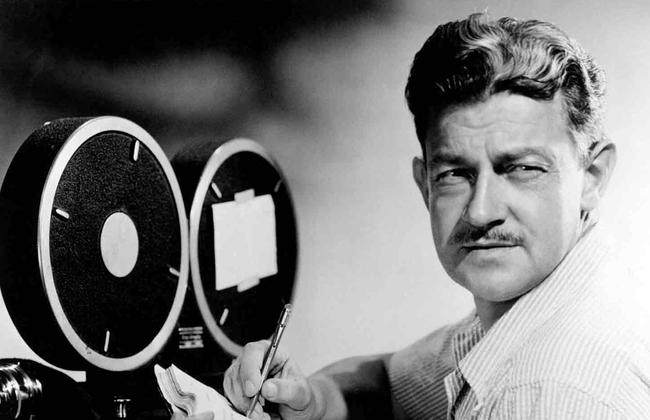
Mary, known as Mary Desti, opened a cosmetics business, Maison Desti, and became close friends with dancer Isadora Duncan. The scarf that choked Duncan to death was Desti’s.
After Mary and Solomon split in 1907, Preston was shuttled between Paris and relatives in Chicago. When Europe descended into war in 1914, Mary sent him back to the US where he later joined the US Army Signal Corps. He trained as a pilot but never saw action.
After his release from military service he ran his mother’s cosmetics business, developing “Kiss-Proof”, a smear-resistant lipstick.
In 1923 he married Estelle Godfrey, who left her older husband to live with Sturges.
When his mother returned from Paris in 1924 to take over the business, an angry Sturges left the company but kept the rights to his lipstick, living off the income.
When Estelle left him in 1927, he contemplated suicide. He recovered and reconciled with his mother to go back to work at Maison Desti.
While recovering from appendicitis in 1927 Sturges attempted to write an operetta. It wasn’t great, but it sparked an interest. He wrote the short play The Guinea Pig and in 1929 produced it himself. He followed that with a full-length play, Strictly Dishonorable, which had its Broadway debut in 1929 and ran for more than 500 performances.
In 1930 he married Eleanor Hutton, but they divorced in 1932. During this period, several theatre projects flopped, but after Strictly Dishonorable was adapted to film in 1931 he received an offer to write screenplays in Hollywood.
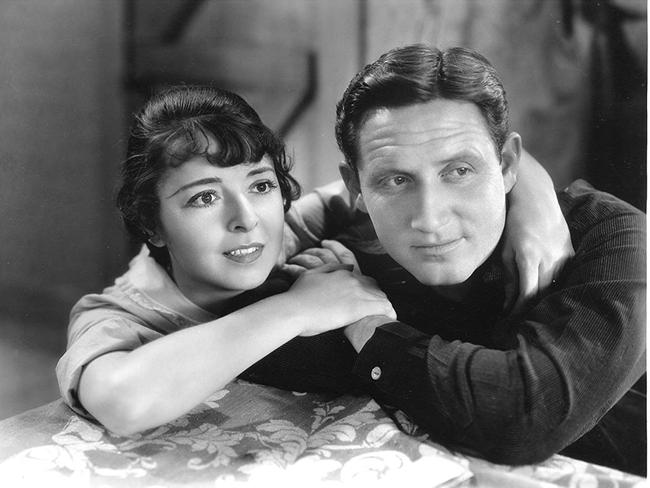
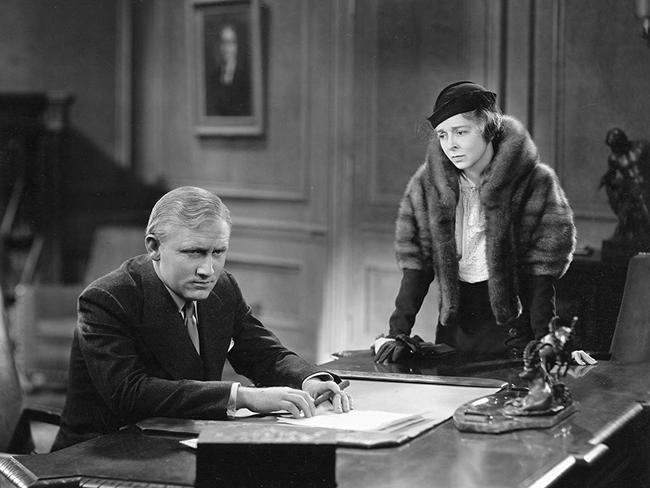
His first big success was The Power And The Glory, which was filmed in 1933 and starred Spencer Tracy.
Its nonlinear narrative, about the life of a railway tycoon from humble beginnings, was a major influence on Orson Welles’ Citizen Kane.
Many scripts Sturges wrote in the ’30s went unused and he was often unhappy with the rewrites of those that were used.
In 1940 he offered a script he had written to Paramount for $1 if they let him direct. They accepted, but paid $10 for legal reasons, and he made his directorial debut with The Great McGinty, winning an Oscar for best original screenplay. He continued writing screenplays, but also directed his own scripts such as The Lady Eve in 1941, starring Barbara Stanwyck as con artist Jean who falls in love with her victim Charles (Henry Fonda).
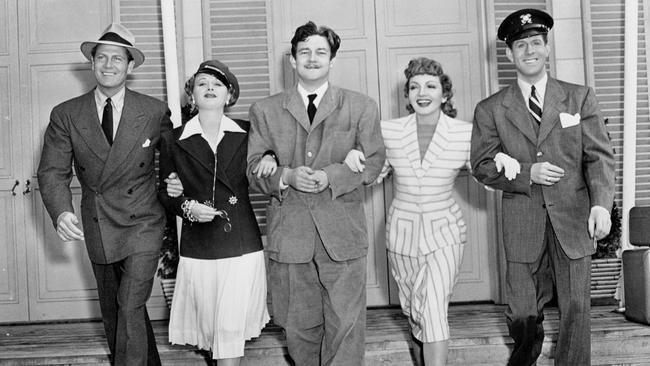
His peak was in the ’40s with hits such as Christmas In July, The Conquering Hero, Sullivan’s Travels, The Palm Beach Story and The Miracle Of Morgan’s Creek. But Paramount was not pleased with the amount of control Sturges had and terminated his contract.
He formed a partnership with magnate Howard Hughes but made only one film, The Sin Of Harold Diddlebock, which flopped. Fox offered him a contract and he produced two films Unfaithfully Yours (1948) and The Beautiful Blonde From Bashful Bend (1949), both also failed at the box office.
Failing to get projects off the ground and dogged by a tax bill, he fled to Europe in 1955 to make what would be his last film, Les Carnets du Major Thompson, released in English as The French, They Are a Funny Race.
He later returned to the US to work on his memoirs but died of a heart attack in 1959 while he was still writing.

